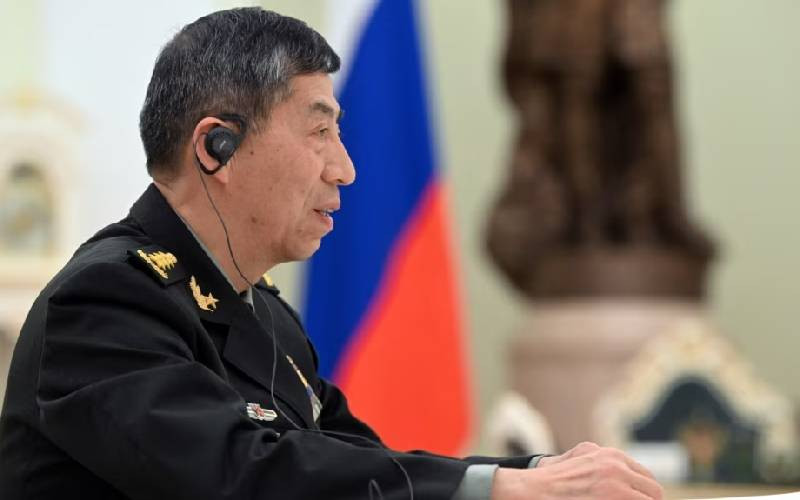×
The Standard e-Paper
Home To Bold Columnists

The United States is not considering lifting current sanctions on China's defense chief, Li Shangfu, the State Department said Monday.
U.S. officials had said sanctions on Li do not prevent him from conducting official meetings with his American counterparts, nor should sanctions be hurdles for military talks between Washington and Beijing.